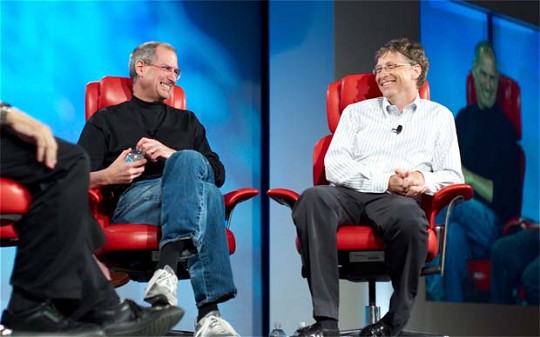The three big VR companies have competed for the VR world, but HTC, seemingly ahead of the others, made a call for cooperation from its competitors leaving the gaming world with raised eyebrows and crazed theories. So, let’s take a look at why and what this could mean for fitness.

Why HTC Said This
I am not sure about other writers, but I do know that I have said it in such a multitude that it’s kind of redundant at this point but VR is not just about gaming and it’s not just about fitness. VR is VR, as in a reality that we can manipulate for any purpose we want and HTC shares this point of view, which is why Viveport, a Chinese megahouse similar to Steam, is not just about games. Steam is all about games and much of what we love comes from gaming. After all, we really only improve our technology because of our games.
Game-based Technology Advancement
In the game of life we have one sole reason why we continuously improve our technology the way we do; To Make It Better. It isn’t the movie industry that makes the greatest strides and nor is it the sports industry. To look for the creation of 4k, Penta-core, and VR technology advancements, we look towards the world of gaming. We simulate before we create, we visualize before we actualize, and we demo before we finalize. Every single one of those steps require game-based technology and now we have VR, which is another fruit of the almighty gaming tree.
Right now, VR is a very small market that lays relatively unexploited for all that it can do. Countless times I have pointed out how VR could be used for education, therapy, problem solving, poor-to-rich experiences, fitness, and a long list of other things. One huge hurdle is the price tag and the industry is trying to fix that. That huge hurdle forces the market to be very small because a small consumer base rings of high risk to investors.

HTC’s Solution: What This Means for Industry and Fitness
Since HTC sees a much bigger picture for the industry than just gaming, it realizes the importance of the early success we need from the VR industry. Without this early success, adoption for VR is a long way off and it could easily be squandered before it ever reaches a breaking point. As with the VR technology of the 1990’s, the equipment comes with some severe downsides such as power consumption, hardware requirements, and just the overall cost of the equipment.
We’ve tried to find Exercise Camps with 360 degree videos and it was an appalling failure because 360 was already a type of workout, VR exercise is still in its infancy, and the industry is primarily focused on gaming. Calling on the cooperation of the other VR industries to not only work together but to branch out could easily translate to a boost in all other aspects of VR. Right now, we’re seeing world changing events that are pushing the boundaries of everything and VR is one of the forefronts.

Whether or not they go through with it, a cooperation between the industries would be like Apple and Windows. Windows once had to bail Apple out of their troubles so that it could have a competitor and it seems like these three companies see what could happen if only one of them remains after the competition. Working together could result in video games where sports is no longer about the fastest button push, where sword fighting in the middle of a war is the new MMORPG, and where you can relive all the previous battles rather than see them on the screen. This is a great day for all industries, not just fitness.











